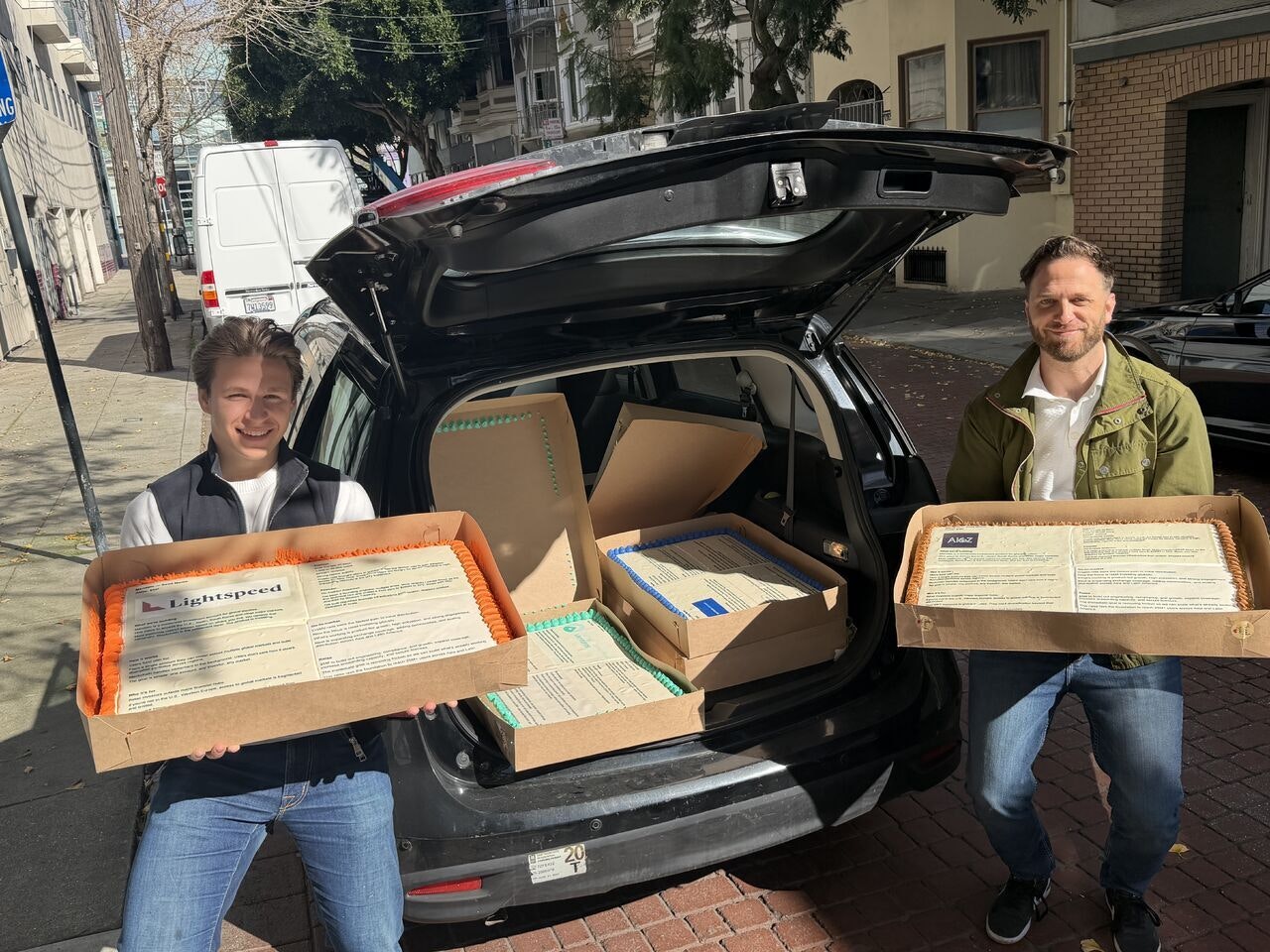When the founders of Tutlo — a Polish startup that offers an online English tutoring platform — searched for investors in 2015, there weren’t too many VCs interested in their idea. So they decided to find a way to develop the business without external help: bootstrapping.
“We bootstrapped and we are one of the fastest-growing companies in Europe,” says cofounder Damian Strzelczyk, adding that he thinks outside investment wouldn’t have changed their success.
While not all of the startups in central and eastern Europe (CEE) end up with a growth story like Tutlo, many of them either decide or are forced to finance their business without any external help.
👉 Read: 10 types of funding for startups — explained
31% of CEE-founded unicorns have been bootstrapped, compared with only 7% in the rest of Europe, according to Atomico’s State of European Tech 2021 report. The giants that started out self-financed include Poland's Allegro and CD Projekt, both of which went on to list publicly.
In Poland — the CEE region’s biggest market — 73% of startups have relied on founders' private funds at some point in their history; this is also the most common way of financing for new businesses, according to the 2021 Startup Poland report. In comparison, only 30% have secured funding from a domestic VC and only 6% from a foreign one.
But with the number of new VC funds mushrooming across the region and the cost of talent increasing, this might be changing soon.
The money problem
There’s one obvious reason why the region’s founders have to self-fund their startups: there hasn’t been enough VC money around to back all promising projects.
“We can’t hide that there’s a substantial gap in financing,” says Marcel Animucki, investment manager at bValue, a Polish VC. “Startups in western Europe or in the US have an easier decision to make to enter a transaction as there are more funds, they’re easier to access and the process is much faster,” he adds, stressing that in the whole region there are no local VCs that specialise in transactions after Series A.
The problem is not only with VC firms, but also with a wider startup ecosystem: incubators, accelerators, angel investors.
But in recent years, this has been changing: startup communities are buzzing in the region's capitals, like Warsaw and Sofia, and smaller towns, such as Brno and Cluj-Napoca, and there’s an increasing number of local VCs, often backed by public funds.
“The funding options were not that great in the region,” says Tomasz Swieboda, a partner at Inovo Venture Partners, a Polish VC. “But in the remote world we’ve been living in for the last two years came the possibility for startups from CEE to reach the biggest, most prestigious funds from around the world,” he says.
While access to financing is improving across the region, it still substantially differs between countries.
“We are still far behind central European countries,” says Ned Dervenkov, CEO of BESCO, the Bulgarian startup association. “For example, VC per capita in Poland is five times bigger than in Bulgaria, so we can state that our ecosystem is still relatively underfunded.”
👉 Read more from Sifted's bootstrapping archives: 6 CEE startups making bootstrapping a success Europe's fastest growing bootstrapped startups Why does bootstrapping beat VC? 8 bootstrapped companies you need to keep an eye on How do you choose between VC and bootstrapping?
Cheap costs (no more)
CEE is famous for its IT talent, which for years was more affordable than engineers in western Europe. Founders could bootstrap their companies and still afford to hire skilled IT professionals.
“The labour costs, especially of IT specialists, are still a bit lower than in the West so it’s easier to build and scale companies based on bootstrapping,” says Animucki.
But this might also be changing. In 2021, 61% of IT staff in Poland got a pay rise — four times more than a year before, according to a report from Devire. Many of them have been targeted by companies in western Europe, which offer higher wages.
“With remote work, startups from CEE have to compete for developers with companies from around the world, which significantly increases the cost of employing developers, making it much harder to bootstrap,” says Swieboda.
Indeed, the lack of sufficient funds to hire top talents while bootstrapping was the main concern of founders that Sifted spoke to.
Changing the mindset
While the lack of funding might soon stop being an issue for the CEE founders, there’s another factor that's much harder to change: the mindset.
“Investors in the region are still generally more risk-averse,” says Petr Sima, partner at DEPO Ventures, a Czech early-stage VC.
“Early-stage investment is by far the riskiest, and by definition Bulgarian culture is strictly risk averse,” says Dervenkov. “Failure is considered a sin,” he says, adding that most capital in Bulgaria is allocated in either banks or real estate. “Technology investment is considered extravagant so companies are forced to bootstrap."
“There's generally lower tolerance for failure in the whole society, which is why startups prefer to play it safe,” says Martin Mazanec, the founder of a Czech bootstrapped startup Fitify. “[Entrepreneurs] found startups while working full-time, investing their own money, and spending it extremely efficiently to eliminate the risk of failure. But it all comes at a huge cost of slow growth."
The founders themselves admit that sometimes it’s simply too hard for them to give away a part of their company.
“Because of the region’s history, being independent and having control over your assets has a lot of value,” says Gergely Korpos, cofounder of BrokerChooser, a Hungarian bootstrapped startup. “Entrepreneurs in our region would rather stay with two feet on the ground and choose control over rapid growth.”
“It is a cultural and maybe slightly post-communist thing,” says Eva Vucheva, CEO of Bulgaria’s Contento, also bootstrapped. “We love owning our real estate and we love owning our companies”.



